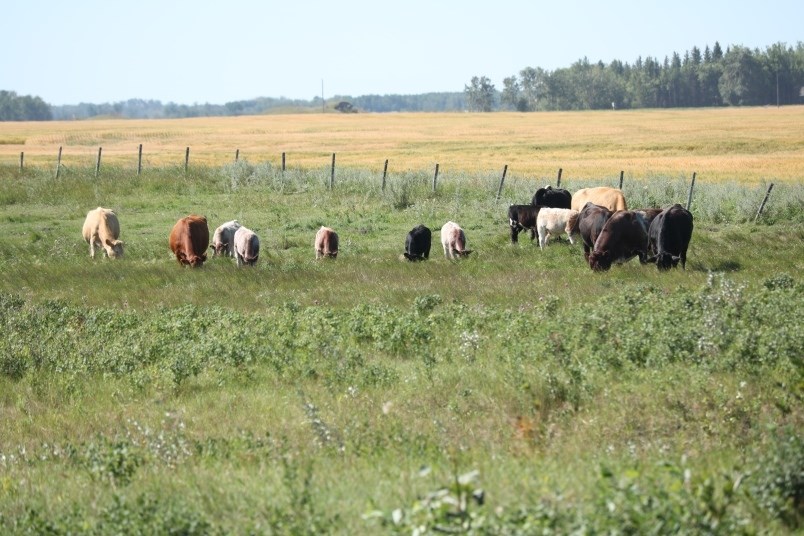While the sector is still a significant one in terms of foreign trade, and as an economic driver, the number of votes associated with agriculture, especially in terms of primary production continues to shrink.
The number of voters is important because a bigger block of potential votes has greater impact in terms of having political parties focusing attention on issues of importance to those voters.
Of course, there are two types of issues for the farm sector.
The first is direct needs related.
At present that need tends to be focused on the drought, and how the federal parties would help address the impact if elected.
There are other direct issues too, that are perhaps not being as broadly discussed including federal help in terms of ensuring access to foreign markets and how to best have the people of Canada invest in crop research to ensure development of new crop varieties.
While such issues are not exactly hot topic items for this election, others that are being much discussed have significant interest for the agriculture sector even if they are not seen as sector issues.
Leading the list would be the idea of carbon taxes.
Such taxes have an impact to farmers, and how each party will handle the tax has to be something farm sector voters are listening too very closely.
The carbon tax is related to the environment for many, and while some may not agree with the current form of the tax, farmers should also be concerned with party policies which focus on a sustainable environment that can sustain farming long term. How the parties propose to do that should be something farmers are looking at closely.
Tied into the idea of carbon taxes and the environment is the issue of oil and gas production, and the idea of pipelines to better distribute the resource across Canada and for export.
Certainly a more prosperous oil and gas sector is good news for provincial governments and that can lead to better agriculture investments.
Pipelines might also hold oil and gas prices lower which is good news for the agriculture sector, including the crucial area of fertilizer production.
So while the words farming and agriculture might not be in as many election speeches as the sector might like, there are still important issues related to agriculture for rural voters to be listening closely too and deliberating on as they decide who best to vote for.




